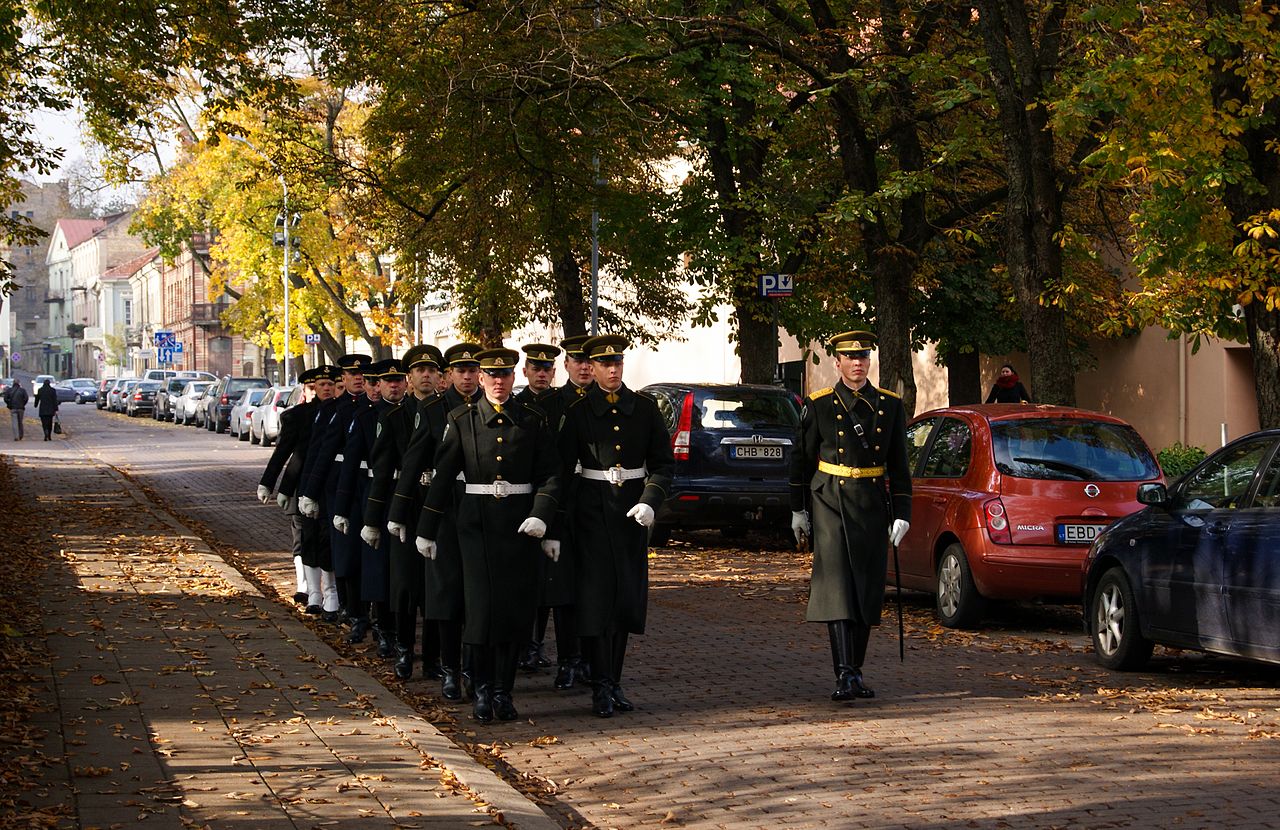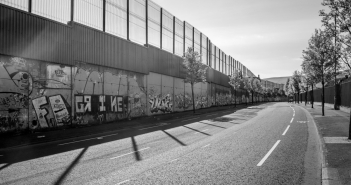As a journalist, I receive a variety of emails, Facebook messages and text messages almost every day alerting me to this problem, that conspiracy, or whatever the government is doing. Many ask me to report on, or at least take notice of, what they see as important. While I would like to investigate everything, the truth is that I would need a team of researchers to get through these requests.
With that said, I was really struck by a piece written by Lithuanian citizen-journalist Gluboco Lietuva and decided to look more deeply into what initially seemed over the top claims about the Lithuanian government seriously infringing the human rights of individuals choosing not to take a COVID-19 vaccine.
To say I was gobsmacked is an understatement. What is happening there is a stark warning of how much control a government is prepared to exert over the lives of an individual declining to take a COVID-19 vaccine.
It should be noted that this article is not concerned with of the jab itself, but with how an EU government has withdrawn civil rights and forced businesses to choose between profit and a citizen’s right to privacy and bodily integrity, enshrined under Article 8 of the European Charter on Fundamental Rights.
Gluboco reported that the Lithuanian Pass system prevents him and his family from entering shopping centres to purchase food, banks, clothes shops, or to conduct business in government buildings; or enter book stores, second-hand shops, hairdressers, barber shops, phone repair shops, or even art supply shops. Nor can an unvaccinated person visit a relative or loved one in a hospital or nursing home.
In promulgating this law it seems the Lithuanian government is pitting one group of people against another after a recent surge in cases. The worry is that such a draconian measure won’t be confined to Lithuania either, as we can see from what is happening in Italy and France.
Excellent article on vaccine passes in Italy which is relevant to everywhere else: https://t.co/tug0TMUMOF
— Dr Clare Craig (@ClareCraigPath) September 29, 2021
The ‘Opportunity Pass’
According to Gluboco in Lithuania the Covid Pass is called the ’Opportunity Pass’, as it offers the ‘opportunity’ to participate in society. The ’Opportunity Pass’ or Freedom ID is available to Lithuanians who are able to present a vaccination certificate, a recent negative PCR test, or proof of COVID-19 immunity (after having recovered). However, the government is considering excluding people with a negative test.
Without this Pass rights are seriously restricted. Gluboco went on to say: “My wife and I don’t have the Covid Pass. We refuse to accept authoritarianism and control of the new regime. So, we’ve lost our jobs and been banished from most of society. It’s been six weeks so far.”
He revealed, furthermore, that there is no end date planned for the new regime. With no Pass, he may only enter small shops with street entrances that mainly sell essential goods: food, pharmaceuticals, optics, or farm/pet supplies. Every other store must, by law, ban people without the Pass.
In Lithuanian, the Pass is referred to as the Galimybių pasas, abbreviated as “GP”. By law, GP signs must be displayed at the entrance to stores and public buildings to signal compliance with government policy. You must also provide photo ID to prove that the “Opportunity Pass” is your own.
As an example of the level of control that the state exerts, a construction worker went into a small supermarket to buy breakfast before his morning shift. After using his boss’s QR code he was reported to the police by a staff member and fined €5,000.
Gluboco went on to say that Lithuania’s Covid Pass started in May as a temporary measure, the goal being to facilitate economic activity. In August, the temporary measure, justified in order to restore the economy, became a permanent law, all but banishing certain people from participation in society.
Lithuania’s Covid Pass law does not ban specific activities. Instead, it prohibits people without an Opportunity Pass from all services and economic activities involving human contact, apart from limited rights, such as purchasing food in small shops.
This represents an inversion of traditional rights. In a free society, within reason, you can expect to do whatever you want, unless a law specifically forbids it. Under Lithuania’s new Covid Pass regime, however, the presumption is reversed to the extent that you can’t perform normal activities unless the state allows it.
In an EU member state, almost every business is forced to comply with the Opportunity Pass and enforcement seems to be strict. Gluboco indicates that many of those who initially opposed the Pass now acquiesce. People grow accustomed to coercion it seems.
Further to this, he goes on to say: “In just 6 weeks, the Covid Pass has transformed my country into a regime of totalitarianism, control and segregation. This is the new society created in Lithuania, the nation furthest along the path towards authoritarianism confronting all countries which have imposed a Covid Pass regime.”
'A state of emergency is the best friend of the would-be-dictator' Andrew Linnane wonders whether our response to Covid-19 is undermining our democracy.https://t.co/op953eTx5p@broadsheet_ie @amandaknox @IlsaCarter1 @VillageMagIRE @PaulGilgunn @AliceHarrisonBL @liamherrick
— CassandraVoices (@VoicesCassandra) November 14, 2020
“I hope they will die out on their own.”
What is happening in Lithuania is a warning to those who choose not to take the jab no matter what country you live in. It begs question: could we see this level of coercion, human rights infringement and control introduced into the Ireland and the rest of Europe eventually? The aim appears to be to punish people economically and socially for non-compliance.
There are also questions in regard to the use of data collected through the Covid-19 digital passes, held jointly by private companies and the relevant EU state which are supposed to abide by GDPR legislation. A citizen’s private data is kept on file by the state and could form the basis of a national identity card.
I leave you with the chilling words of ex-Lithuanian parliamentarian and now TV host Arúnas Valinskas who said: “There are people who deliberately take sides with the enemy… In times of war, such people were shot. But there is no need to shoot the anti-vaxxers, I hope, they will die out on their own.”
Featured Image: Lithuanian Army soldiers marching with their dress uniforms in Vilnius (2012).




